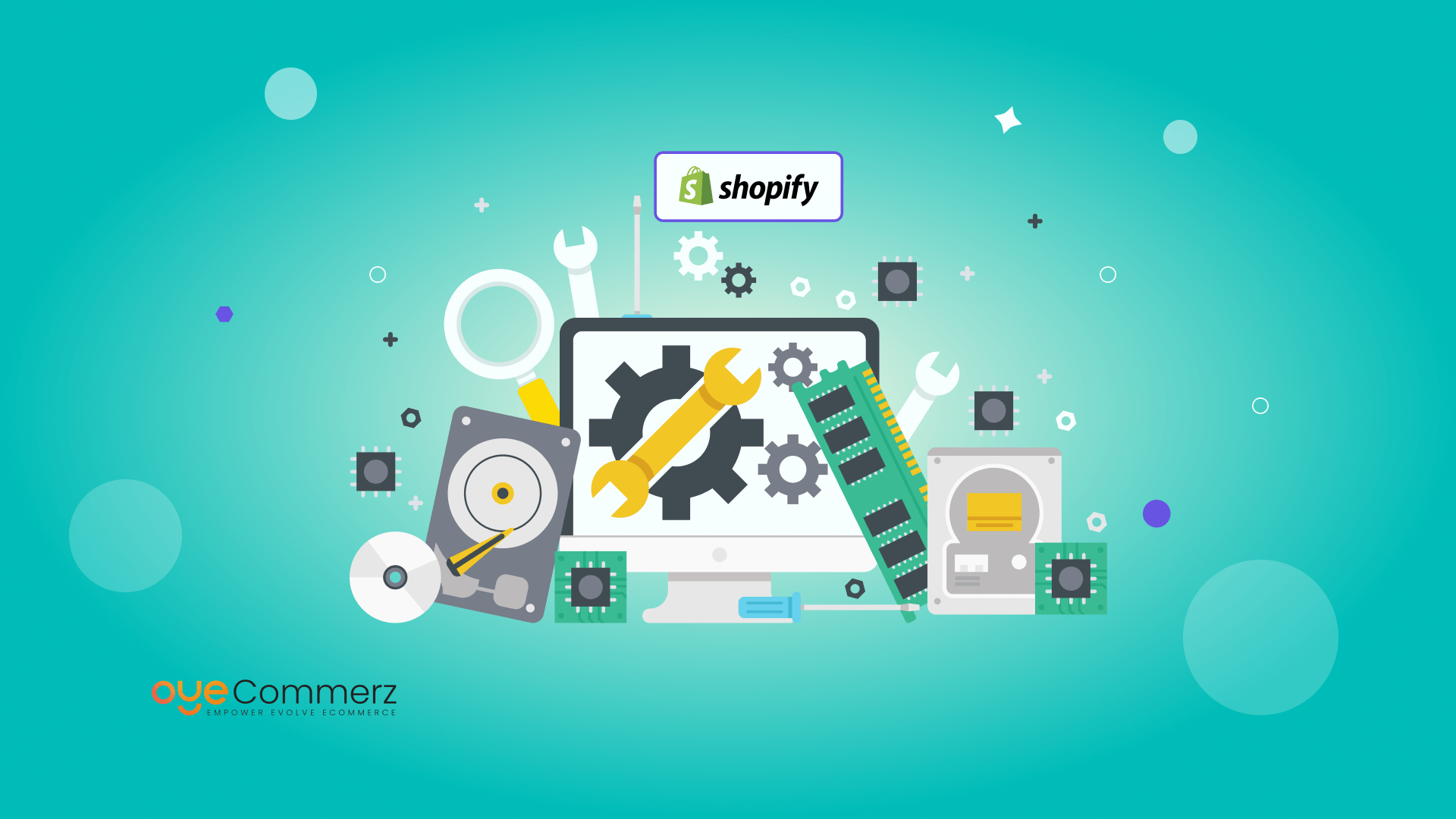Overview
In today’s cutthroat e-commerce landscape, standing out is essential, and one of the best ways to set apart a Shopify store is through custom app development. A robust Shopify app can enhance store capabilities, streamline operations, and boost customer engagement. This guide explores essential aspects of Shopify app development, from API integration to growth techniques and digital marketing approaches, providing a roadmap for businesses seeking superior store performance.
Why Shopify API Integration Matters
Shopify’s API provides powerful tools to personalize and extend store functionalities. With GraphQL and REST APIs, developers can retrieve information to create apps that manage inventory management, order handling, and customer information management seamlessly. Using Shopify’s API can lead to better workflow automation and enables stores to assist shoppers more efficiently.
Adopting the Polaris Design System
Polaris is Shopify's set of design guidelines for creating user-friendly and easy-to-use Shopify apps. By adhering to Polaris guidelines, developers guarantee that apps integrate smoothly within the Shopify Admin interface. This ensures a cohesive look and feel that resonates with Shopify merchants, encouraging ease of use and familiarity for merchants using your tailored app.
Understanding the Shopify App Ecosystem
The Shopify app ecosystem provides numerous opportunities for enhancing e-commerce sites. From handling order fulfillment to boosting customer engagement, apps in this ecosystem are designed to meet diverse business needs. Learning about this system assists developers in finding unique app opportunities and enables seamless integration of external tools that enhance the store.
Developing Embedded Shopify Apps
Embedded apps work seamlessly within the Shopify Admin, allowing a seamless experience for merchants. They ensure that merchants do not need to navigate away from their Shopify control panel, streamlining their workflow. Using Shopify App Bridge and embedded app features is Shopify design guidelines recommended for offering a cohesive, well-integrated user environment.
Using Node.js and React for Shopify Apps
Node.js and React have emerged as ideal tools for Shopify app creation. This server-side framework enables high-performance back-end services, while React allows for dynamic, responsive front-end design. Together, they provide an strong framework for creating speedy, growth-ready Shopify apps that enhance store performance and customer engagement.
Utilizing Webhooks in Shopify Development
Webhooks allow real-time data updates between Shopify and an outside application. They trigger events such as new orders or inventory updates and send instant alerts to your app. By implementing webhooks, apps can deliver real-time information to store owners, simplifying processes and increasing productivity.
Customer Engagement and Digital Marketing for Shopify Apps
To ensure Shopify app success, engaging customers is key. Using digital marketing strategies like SEO, email marketing, and social media campaigns can increase app usage. Additionally, designing apps with customer engagement in mind (e.g., loyalty programs or personalized suggestions) increases user retention and satisfaction.
Scaling Your Shopify App
As e-commerce businesses grow, so do their technology requirements. Making sure that your app can scale to handle increased traffic, larger data sets, and more advanced functionalities is essential. By optimizing server capacity and implementing scalable technologies, you can develop apps that Oyecommerz custom Shopify app expand in parallel to a store’s growth.
Important Features and Maintenance Tips for Shopify Apps
For an app to be useful, it should offer essential features like user login, analytics dashboard, and customer support options. Regular app maintenance, with updates to fix bugs and compatibility checks with new Shopify functionalities, is vital to maintain continuous operation and avoid interruptions to business processes.
Conclusion
Custom Shopify app development offers immense opportunities for e-commerce stores, providing the ability to improve performance, simplify operations, and foster customer loyalty. With API integrations and Node.js to focusing on scalability and customer interaction, building a Shopify app requires careful planning and well-planned actions. If you’re ready to elevate your e-commerce experience, a custom Shopify app could be the perfect solution. What capabilities do you envision for your dream application? Share your thoughts and begin the journey to an enhanced e-commerce experience!
